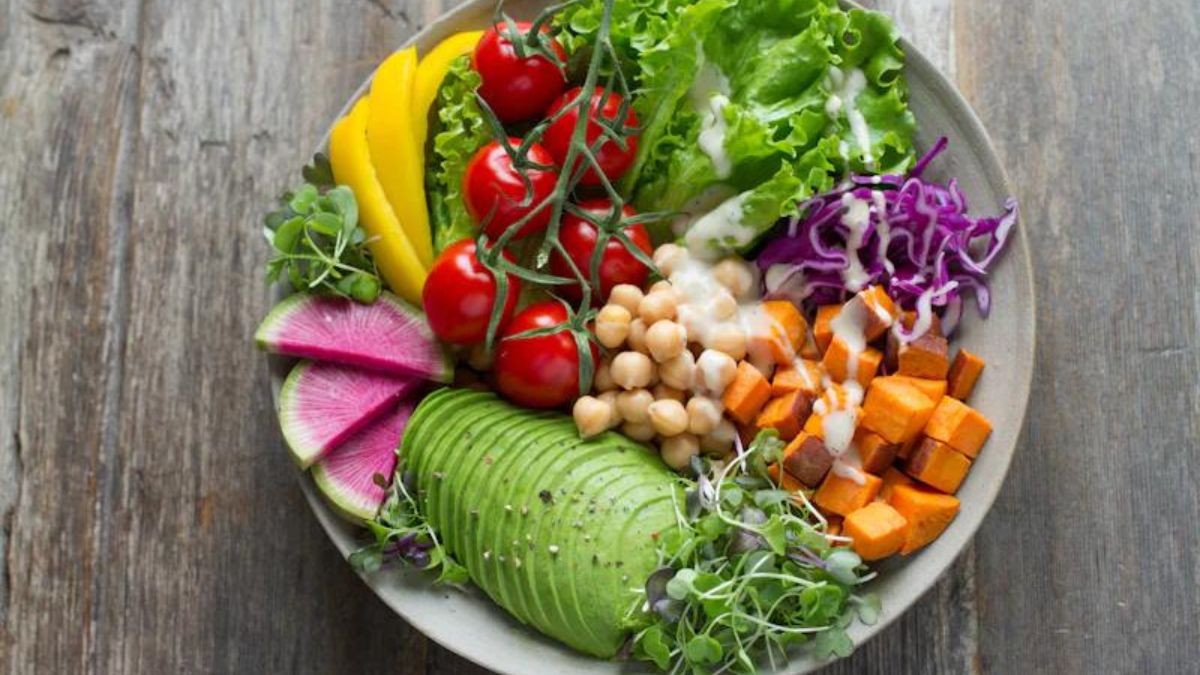Contrary to the belief that muscle building requires a diet rich in animal protein, it’s entirely possible to achieve significant muscle growth and strength on a plant-based diet. Whether you’re vegan or vegetarian, here are some tips to help you build muscle and optimize your athletic performance without relying on animal products:
- Focus on Protein-Rich Plant Foods: While animal products are a traditional source of protein, many plant-based foods are also rich in this essential macronutrient. Incorporate protein-rich plant foods into your diet, such as tofu, tempeh, seitan, lentils, chickpeas, black beans, edamame, quinoa, hemp seeds, chia seeds, and spirulina. Aim to include a source of protein in each meal and snack to support muscle repair and growth.
- Optimize Amino Acid Intake: Pay attention to your intake of essential amino acids, the building blocks of protein. While plant-based proteins may be slightly lower in certain amino acids compared to animal proteins, you can easily optimize your amino acid intake by eating a variety of protein sources throughout the day. Combining different plant proteins, such as beans and rice or lentils and quinoa, can help ensure you’re getting all the essential amino acids your body needs for muscle building and repair.
- Supplement Wisely: Consider supplementing with plant-based protein powders to help meet your protein needs, especially if you have higher protein requirements due to intense exercise or muscle-building goals. Look for protein powders made from sources like pea protein, brown rice protein, hemp protein, or a blend of plant proteins. Additionally, consider supplementing with creatine, which has been shown to enhance muscle growth and strength, and vitamin B12, which is not naturally found in plant foods.
- Eat Enough Calories: To support muscle growth and recovery, it’s essential to eat enough calories from a variety of nutrient-dense plant foods. Focus on whole, minimally processed foods like fruits, vegetables, whole grains, legumes, nuts, and seeds to provide your body with the energy and nutrients it needs to fuel workouts and repair muscle tissue. If you’re struggling to consume enough calories, consider adding healthy fats like avocados, nuts, seeds, and olive oil to your meals to boost calorie intake without adding bulk.
- Time Your Meals and Snacks: Pay attention to the timing of your meals and snacks, especially around workouts. Consuming a combination of carbohydrates and protein before and after exercise can help optimize muscle protein synthesis and promote recovery. Aim to eat a balanced meal or snack containing carbohydrates and protein within 30-60 minutes before and after your workouts to fuel your body and support muscle repair.
- Stay Hydrated: Hydration is crucial for overall health and athletic performance, including muscle function and recovery. Drink plenty of water throughout the day, especially before, during, and after exercise, to stay hydrated and support optimal muscle function. Consider consuming hydrating foods like fruits and vegetables, as well as electrolyte-rich beverages like coconut water, to replenish fluids and minerals lost during exercise.
- Get Plenty of Rest and Recovery: Adequate rest and recovery are essential for muscle growth and repair. Prioritize getting enough sleep each night, as sleep is when your body repairs and rebuilds muscle tissue. Additionally, incorporate rest days into your workout routine to allow your muscles time to recover and adapt to the demands of exercise. Listen to your body and give yourself permission to take breaks when needed to prevent overtraining and promote long-term progress.
By following these tips and adopting a well-planned plant-based diet, you can effectively build muscle, increase strength, and optimize your athletic performance without relying on animal products. With a focus on protein-rich plant foods, strategic supplementation, proper timing of meals and snacks, hydration, and adequate rest and recovery, you can achieve your muscle-building goals while supporting your overall health and well-being on a plant-based diet.


